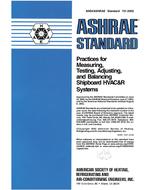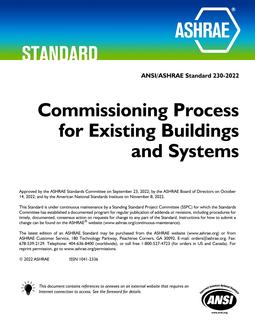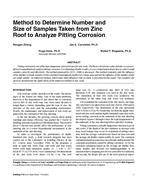Click here to purchase
Hygrothermal models are commonly used for prediction and evaluation of wall assembly moisture performance. Drying and redistribution of moisture are important to consider because they mitigate the effect of water intrusion during construction and throughout the service life of the building. In this study we compare simulations with measurements for two out of eight different residential wood-frame wall assemblies, in two orientations, with different kinds of insulation outboard of the oriented strand board (OSB) sheathing, in the cold climate of Madison, WI. Over two years we collected weather and moisture content data, challenging the wall systems three different times with water injections to assess drying potential of the different walls. These injections placed 40 g (0.088 lb) of water each day, over several days, on a paper towel fixed to the inner surface of the OSB. Water moves into and through the OSB, but also laterally away from the injection site, and evaporates into the wall cavity air raising the relative humidity. This is inherently a three-dimensional process which is challenging for one-dimensional modeling to capture. We introduce a custom moisture source and sink method to allow WUFI Pro to match the experimental data following water injection. This technique should be useful for assessment of drying potential during wall design and analysis.
Citation: Thermal Buildings XIV 2019
Product Details
- Published:
- 2019
- Number of Pages:
- 8
- Units of Measure:
- Dual
- File Size:
- 1 file , 1.2 MB
- Product Code(s):
- D-Bldgs19-095


